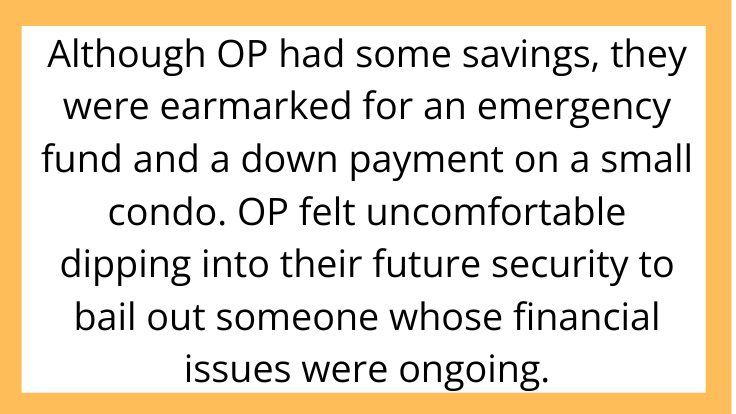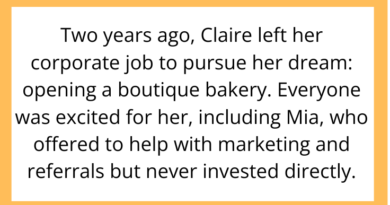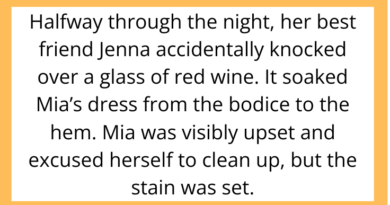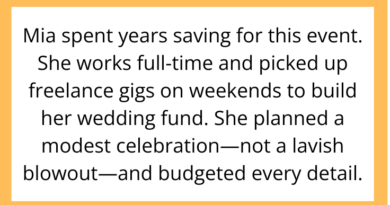AITAH for Refusing to Lend My Best Friend Money When She Was About to Be Evicted?
I recently came across a powerful and divisive story on r/AITAH that sparked an intense debate about friendship, financial boundaries, and guilt. The question was simple but profound: Am I the problem for refusing to lend my best friend money to avoid eviction, even though I could technically afford to help?
Let’s dive into the details, unpack the moral dilemmas, and explore what happens when generosity meets personal limits.
The Background: When Helping Starts to Hurt

The original poster (OP) explained that their best friend of over ten years had fallen on hard times. After losing her job, she struggled to cover rent and bills. She reached out to OP, asking for a $2,500 loan to cover two months of rent and utilities.
Although OP had some savings, they were earmarked for an emergency fund and a down payment on a small condo. OP felt uncomfortable dipping into their future security to bail out someone whose financial issues were ongoing.
When OP declined, offering instead to help find resources or contribute groceries, the friend became furious, accusing them of being selfish and uncaring. The friendship rapidly deteriorated, with mutual friends taking sides.
Financial Boundaries in Friendships

Why Saying No Can Feel Like Betrayal
Money complicates relationships, especially when emotional stakes are high. Lending large sums to friends often creates unspoken expectations:
-
That you should help if you have more
-
That you owe them loyalty over financial caution
-
That refusing to help means you don’t care
In OP’s case, the friend’s desperation and resentment escalated quickly. This dynamic is all too common: the lender feels pressured, and the borrower feels abandoned.
Is It Really Selfish to Protect Your Savings?

The Hidden Cost of Always Saying Yes
Many people equate generosity with goodness and guilt with accountability. But protecting your own financial well-being is not inherently selfish.
When you spend your emergency fund, you put your own security at risk. You also set a precedent that you are a safety net, potentially creating a cycle of dependency.
Example:
One commenter shared they lent $5,000 to a friend who never repaid it, leaving them unable to pay their own medical bills later. Their friendship ended anyway.
Offering Help Without Offering Money

Compassion Can Take Different Forms
OP tried to help in other ways: researching rent assistance programs, offering to buy groceries, and helping update a resume. But sometimes, when someone is desperate, these gestures feel inadequate.
That doesn’t mean they aren’t valuable. In fact, emotional support, practical help, and connection can be just as meaningful—without jeopardizing your own stability.
The Role of Entitlement in Close Relationships
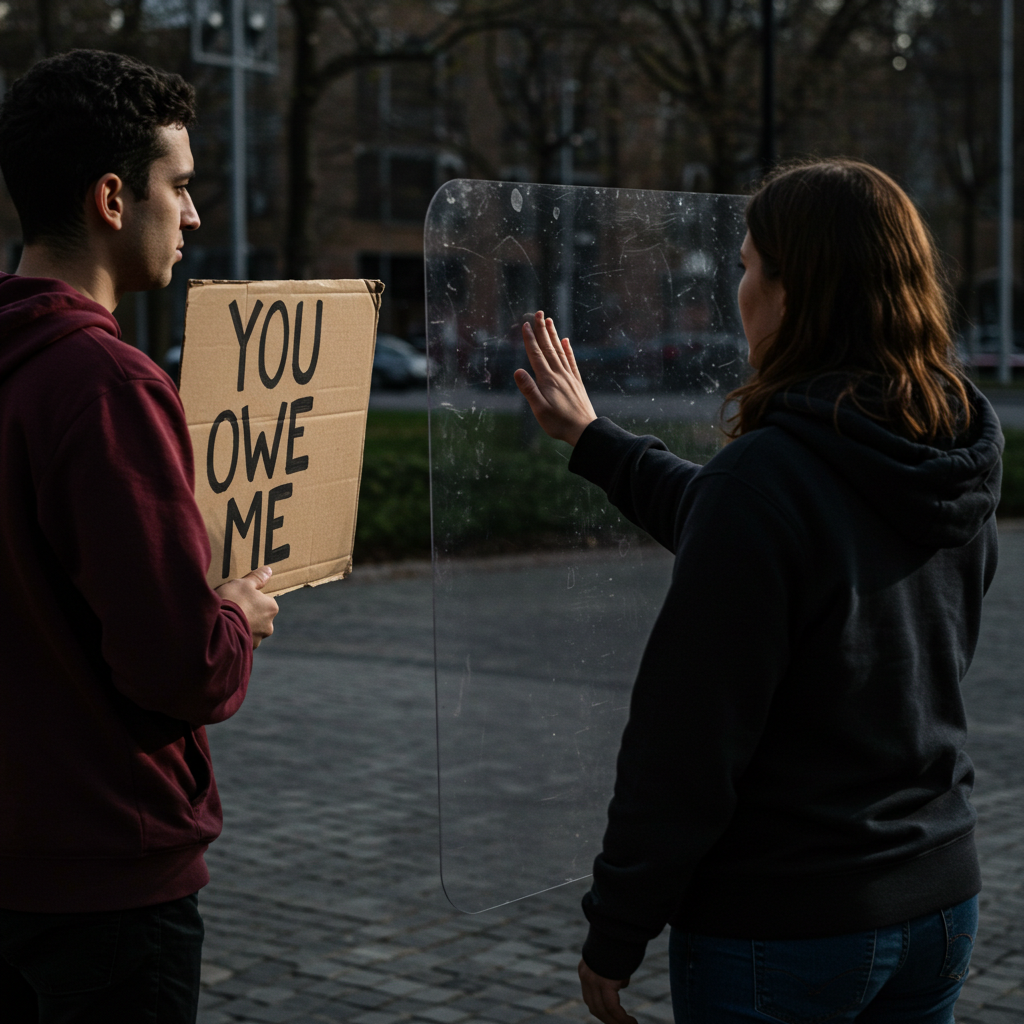
When Love Becomes Leverage
One of the most striking parts of this story was the friend’s reaction: immediate anger, shaming, and threats to end the friendship.
While it’s understandable to feel hurt when a plea for help is denied, it crosses a line when someone uses guilt to manipulate you. Genuine care should never be conditional on your ability—or willingness—to rescue them financially.
The Consensus – AITAH or Protecting Myself?

Thousands of comments poured in, overwhelmingly siding with OP. The consensus was clear: You are not the problem for maintaining boundaries, even when you care deeply about someone.
Lending money should never be an obligation. Financial self-preservation is an adult responsibility, not an act of betrayal.
Lessons From This AITAH Scenario

Here are some important takeaways if you ever find yourself in a similar position:
-
Be transparent. Clearly communicate why you can’t help financially.
-
Offer alternatives. Emotional and practical support can still make a difference.
-
Don’t apologize for protecting yourself. Your future stability matters.
-
Accept that some relationships may not survive boundaries. That’s painful but often revealing.
